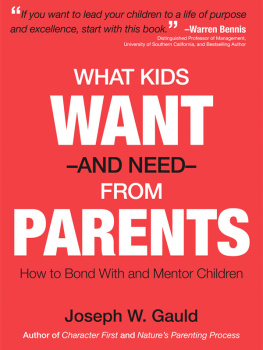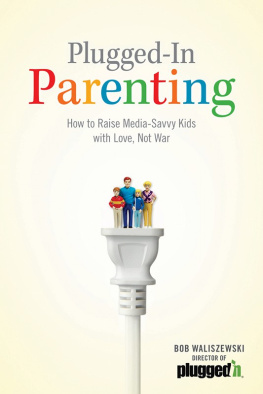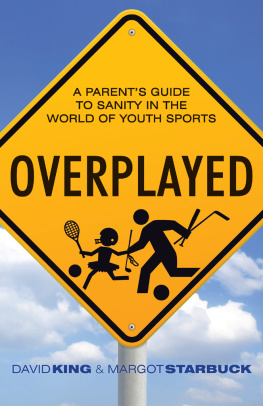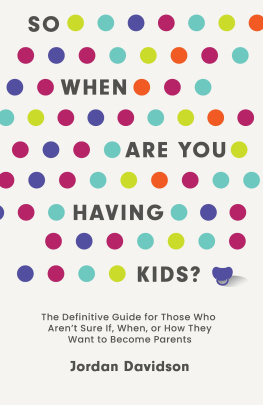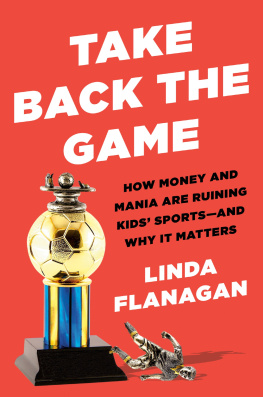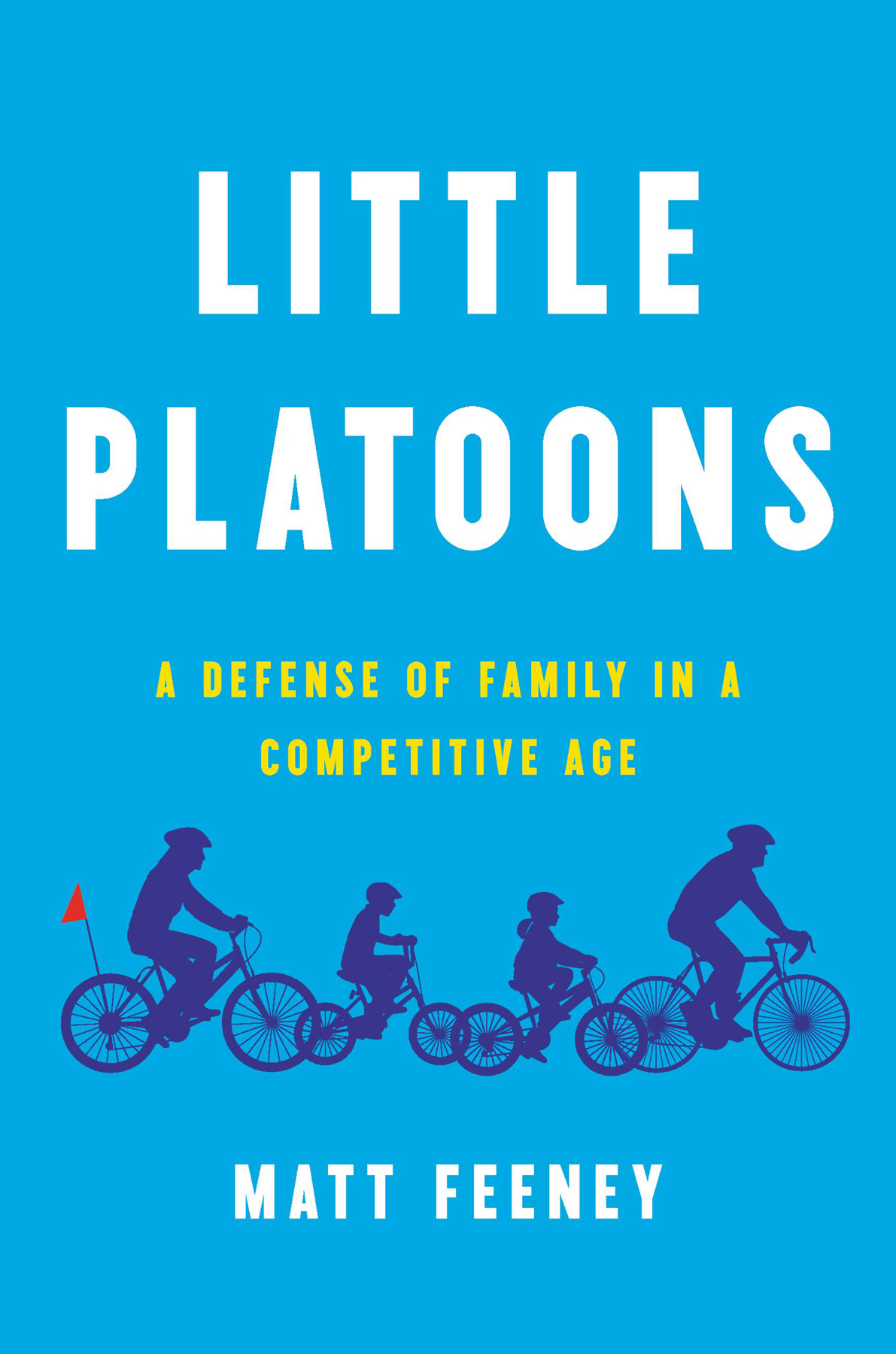
Copyright 2021 by Matt Feeney
Cover image Bokica / Shutterstock.com
Hachette Book Group supports the right to free expression and the value of copyright. The purpose of copyright is to encourage writers and artists to produce the creative works that enrich our culture.
The scanning, uploading, and distribution of this book without permission is a theft of the authors intellectual property. If you would like permission to use material from the book (other than for review purposes), please contact permissions@hbgusa.com. Thank you for your support of the authors rights.
Basic Books
Hachette Book Group
1290 Avenue of the Americas, New York, NY 10104
www.basicbooks.com
First Edition: March 2021
Published by Basic Books, an imprint of Perseus Books, LLC, a subsidiary of Hachette Book Group, Inc. The Basic Books name and logo is a trademark of the Hachette Book Group.
The Hachette Speakers Bureau provides a wide range of authors for speaking events. To find out more, go to www.hachettespeakersbureau.com or call (866) 376-6591.
The publisher is not responsible for websites (or their content) that are not owned by the publisher.
Library of Congress Cataloging-in-Publication Data
Names: Feeney, Matt, author.
Title: Little platoons : a defense of family in a competitive age / Matt Feeney.
Description: First edition. | New York : Basic Books, [2021] | Includes bibliographical references and index.
Identifiers: LCCN 2020030905 | ISBN 9781541645592 (hardcover) | ISBN 9781541645585 (ebook)
Subjects: LCSH: ParentingUnited States. | FamiliesUnited States. | Competition (Psychology)Social aspects. | Social status.
Classification: LCC HQ755.8 .F426 2021 | DDC 306.850973dc23
LC record available at https://lccn.loc.gov/2020030905
ISBNs: 978-1-5416-4559-2 (hardcover), 978-1-5416-4558-5 (ebook)
E3-20210129-JV-NF-ORI
Explore book giveaways, sneak peeks, deals, and more.
Tap here to learn more.

Discover Your Next Great Read
Get sneak peeks, book recommendations, and news about your favorite authors.
Tap here to learn more.

To my parents
M Y WIFE J ULIET AND I WERE MARRIED IN A FAIRLY modern, nontraditional way, standing under a pair of California redwoods in the front yard of her parents shambling ranch house in a humble corner of the Oakland Hills, in an unreligious ceremony officiated by a tall unclerical woman discovered, if I remember correctly, on Craigslist. I was wearing the nicest suit Ive ever owned, but it was a suit, not a tux, and deep green, not black, and Juliet was in a lovely but subtle and casual vintage Valentino dress, white cotton with a faint pattern of lavender flowers, that she bought for a hundred bucks in a consignment store in Northwest DC. Of course we wrote our own vowswe had no church or tradition to prescribe vows to usand I will admit that, though I am a writer, I had to look on the internet for tips, a general template, specific ceremonial beats I ought to hit.
Its been nearly twenty years since then. I cant remember the actual words I said, much less the models I used from those long-dead internet pages, but I remember being drawn to the old-fashioned, vaguely heroic formulations, the ones that set the touchy-feeliness aside in favor of stout and straightforward declarations of commitment, vows that seemed to relish in the self-negating, do-or-die logic of vowing itself. This vowing business struck me as, in the deepest and most dignified sense, political. When else, I thought, does one get to found a political body, bind oneself to a common destiny through a sovereign declaration?
Thus inspired, I took the vowing language I read and amped it up just a little, sharpened it here and there, so that its antinomian political edge would be, if not over-apparent to our guests as they heard it, palpable to me as I said it. And so, for the climactic exchange of self-written vows in our modern and secular California wedding ceremony, Juliet pledged herself to me in light, loving terms that made specific reference to my tender side, my sensitivities and idiosyncrasies, while Ias it seemed in my mind, anyway, and as it felt in my chestpledged myself to her like a Viking.
I wont dwell on this idea of a family as a little band or polis founded by death-suggesting vows. I will simply begin from the assumption, which strikes me as not just true but obviously so, that thats what a family is. For starters, thats what a marriage is. Thats what vowing is. Not every vow summons death as its standard or limit. Not every vow mortifies your life as such. But every vow does mortify your interests and desires, everything that, in defiance of its terms, you might find yourself wanting. And a vow that explicitly mentions death, a vow that binds you to another person until death? You cant deny theres a certain fatality to that one.
This might sound morbid, like Im arguing against getting married because of its close associations with death, but most people who consciously, ceremonially, speak serious vows dont feel the death-dare they entail as morbid. They feel it, rather, as a sort of ecstasy. Its a beautiful thing, to release your self from itself, to offer it as a sacrifice to something bigger. Besides, getting married is a pretty luxurious version of this, if you think about it, sort of a best-of-both-worlds situation. You get to experience the ecstatic loss of self that comes with this depth of commitment, the thrilling plunge into a deeper way of being, but, unlike entering the Marines, say, the ritual summoning of death in a wedding doesnt actually summon death. Youre not committing yourself to ship into war zones to fight and die for your fellow Marines. Youre committing yourself to be good and faithful to a person you love and probably find physically lovely, who loves you and finds your physical person appealing, too, where enacting your heroic self-renunciation in the daily run of life involves such things as sharing meals, having conversations, making love, raising children.
But this daily run of life involves unfriendlier things too, in light of which the fighting spirit that overcame me as I wrote my wedding vows seems entirely fitting. Indeed, when I shared some initial reflections on these matters with a handful of friends and colleaguesmy ideas about the heroic side of the wedding commitment, how it had made me think those odd thoughts of Vikingstheir earnest reactions surprised me. These were bookish people, several of them academics and not, say, Marines or members of some other warlike clan you might expect to have a benign view of Vikings. A few of them, independently of each other, quoted a formulation back to me that I hadnt actually formulated: The Viking Wedding.
This fighting spiritwhich I entertained as a sort of poetic lark at the time, the romantic indulgence of a man not just aswim in romantic love but academically trained in Romantic philosophyturns out to have real-world applications. The wedding vows themselves are a sort of fighting declaration, and the things to which they commit us as spouses and parents often involve a barely metaphorical kind of fighting. Couples fight for their kids. In hard times they fight for their marriage, which might involve fighting temptation. And they fight for their family, inwardly or outwardly, in myriad ways that may not even be recognizable to them, at the time, as fighting.


